
Entertainment
-
 European Court of Human Rights rejects Kirkorov’s case against Lithuania entry ban
The European Court of Human Rights (ECtHR) has dismissed a complaint filed by Russian pop star Philipp Kirkorov against Lithuania's decision to bar his entry into the country.23 April 2024Read More...
European Court of Human Rights rejects Kirkorov’s case against Lithuania entry ban
The European Court of Human Rights (ECtHR) has dismissed a complaint filed by Russian pop star Philipp Kirkorov against Lithuania's decision to bar his entry into the country.23 April 2024Read More... -
 Risnjak National Park: Croatia's hidden gem wins Europe's top spot
Nestled within Croatia's picturesque Gorski Kotar region, Risnjak National Park emerges as a beacon of untouched beauty, earning recognition as one of Europe's premier destinations sans the23 April 2024Read More...
Risnjak National Park: Croatia's hidden gem wins Europe's top spot
Nestled within Croatia's picturesque Gorski Kotar region, Risnjak National Park emerges as a beacon of untouched beauty, earning recognition as one of Europe's premier destinations sans the23 April 2024Read More... -
 Swiss castles experience record visitor numbers
In 2023, the National Association of Swiss Castles witnessed a historic milestone, welcoming over 1.3 million visitors to its 28 castles. This achievement marks a new record for the organization,23 April 2024Read More...
Swiss castles experience record visitor numbers
In 2023, the National Association of Swiss Castles witnessed a historic milestone, welcoming over 1.3 million visitors to its 28 castles. This achievement marks a new record for the organization,23 April 2024Read More... -
 Underground surge: Belgium grapples with 2,214 illegal gambling websites
Research conducted by gambling analysis firm Yield Sec has unveiled a concerning trend in Belgium's online gambling landscape. According to their findings, a staggering 2,214 illegal gambling14 April 2024Read More...
Underground surge: Belgium grapples with 2,214 illegal gambling websites
Research conducted by gambling analysis firm Yield Sec has unveiled a concerning trend in Belgium's online gambling landscape. According to their findings, a staggering 2,214 illegal gambling14 April 2024Read More... -
 Flanders and Brussels Embrace Slow Art Day, inviting visitors to savor artistic experiences
On April 13th, several museums in Flanders and Brussels will once again host a variety of activities as part of Slow Art Day, an annual tradition aimed at encouraging a deeper12 April 2024Read More...
Flanders and Brussels Embrace Slow Art Day, inviting visitors to savor artistic experiences
On April 13th, several museums in Flanders and Brussels will once again host a variety of activities as part of Slow Art Day, an annual tradition aimed at encouraging a deeper12 April 2024Read More... -
 4 Croatian beaches named Europe’s best
As Croatia gears up for what promises to be its most spectacular summer season yet, the BookRetreats Summer 2024 Report has officially unveiled the top beaches across Europe, catering to10 April 2024Read More...
4 Croatian beaches named Europe’s best
As Croatia gears up for what promises to be its most spectacular summer season yet, the BookRetreats Summer 2024 Report has officially unveiled the top beaches across Europe, catering to10 April 2024Read More... -
 Tourism thrives in Flanders, surpassing pre-pandemic levels
Preliminary data from the statistics agency Statbel reveal that tourism in Flanders soared in 2023, surpassing pre-pandemic levels. A total of 14.6 million domestic and international tourists29 March 2024Read More...
Tourism thrives in Flanders, surpassing pre-pandemic levels
Preliminary data from the statistics agency Statbel reveal that tourism in Flanders soared in 2023, surpassing pre-pandemic levels. A total of 14.6 million domestic and international tourists29 March 2024Read More...
News
-
 Rare book theft: Europol cracks down on international gang
In a collaborative effort involving European law enforcement agencies, Europol successfully apprehended four suspected individuals involved in the theft of antique and rare books.Read More...
Rare book theft: Europol cracks down on international gang
In a collaborative effort involving European law enforcement agencies, Europol successfully apprehended four suspected individuals involved in the theft of antique and rare books.Read More... -
 Embark on a journey: University of Porto launches free online Portuguese language course
The University of Porto has unveiled an exciting opportunity for language enthusiasts with the launch of a free online course designed to introduce learners to the Portuguese language.Read More...
Embark on a journey: University of Porto launches free online Portuguese language course
The University of Porto has unveiled an exciting opportunity for language enthusiasts with the launch of a free online course designed to introduce learners to the Portuguese language.Read More... -
 New study reveals camp Amersfoort's undisclosed role as a Holocaust concentration camp
Recent research conducted by historian Amanda Kluveld of Maastricht University has shed new light on the historical significance of Camp Amersfoort during the Second World War.Read More...
New study reveals camp Amersfoort's undisclosed role as a Holocaust concentration camp
Recent research conducted by historian Amanda Kluveld of Maastricht University has shed new light on the historical significance of Camp Amersfoort during the Second World War.Read More... -
 Bpost workers strike in Brussels and Wallonia
The ongoing strike at Bpost, the Belgian postal service, which commenced on Monday, has caused significant disruptions to its operations.Read More...
Bpost workers strike in Brussels and Wallonia
The ongoing strike at Bpost, the Belgian postal service, which commenced on Monday, has caused significant disruptions to its operations.Read More... -
 NATO Secretary General honored with Belgium's highest distinction
Jens Stoltenberg, the Secretary General of NATO since 2014, was awarded Belgium's highest honor, the Grand Cordon in the Order of Leopold, on Friday. Stoltenberg,Read More...
NATO Secretary General honored with Belgium's highest distinction
Jens Stoltenberg, the Secretary General of NATO since 2014, was awarded Belgium's highest honor, the Grand Cordon in the Order of Leopold, on Friday. Stoltenberg,Read More... -
 Amsterdam sees doubling of recent immigrants in ten years, mainly from Italy, UK, and US
The number of Amsterdam residents classified as recent immigrants—those born abroad and relocating to the Netherlands within the past decade—has surged twofold between 2013 and 2023,Read More...
Amsterdam sees doubling of recent immigrants in ten years, mainly from Italy, UK, and US
The number of Amsterdam residents classified as recent immigrants—those born abroad and relocating to the Netherlands within the past decade—has surged twofold between 2013 and 2023,Read More... -
 EU plans new sanctions following Iran's attack on Israel
In light of the significant Iranian air assault on Israel, the European Union is gearing up to implement sanctions targeting companies vital to Tehran's drone and missile production,Read More...
EU plans new sanctions following Iran's attack on Israel
In light of the significant Iranian air assault on Israel, the European Union is gearing up to implement sanctions targeting companies vital to Tehran's drone and missile production,Read More... -
 More than 30% of Belgians opt for cycling as commute option
A recent survey conducted by the FPS Mobility revealed that in 2023, over 30% of Belgians chose cycling as their mode of transportation for commuting to work, either entirely or partially.Read More...
More than 30% of Belgians opt for cycling as commute option
A recent survey conducted by the FPS Mobility revealed that in 2023, over 30% of Belgians chose cycling as their mode of transportation for commuting to work, either entirely or partially.Read More... -
 Direct train service from Amsterdam to Basel to be discontinued this summer
The daily train service connecting Amsterdam, Utrecht, and Arnhem to Switzerland will come to an end this summer, as German operator Deutsche Bahn has decided to discontinueRead More...
Direct train service from Amsterdam to Basel to be discontinued this summer
The daily train service connecting Amsterdam, Utrecht, and Arnhem to Switzerland will come to an end this summer, as German operator Deutsche Bahn has decided to discontinueRead More...

Most Read
- Teen held after US woman killed in London stabbings
- Football: Farhad Moshiri adamant Everton deal above board
- Greece hails new post-bailout chapter but concerns remain
- The Kokorev case caused wide discussion in Brussels
- EU accession talks stir debate in Moldova: insights from Gagauzia's leader, Yevgenia Gutsul
Technology
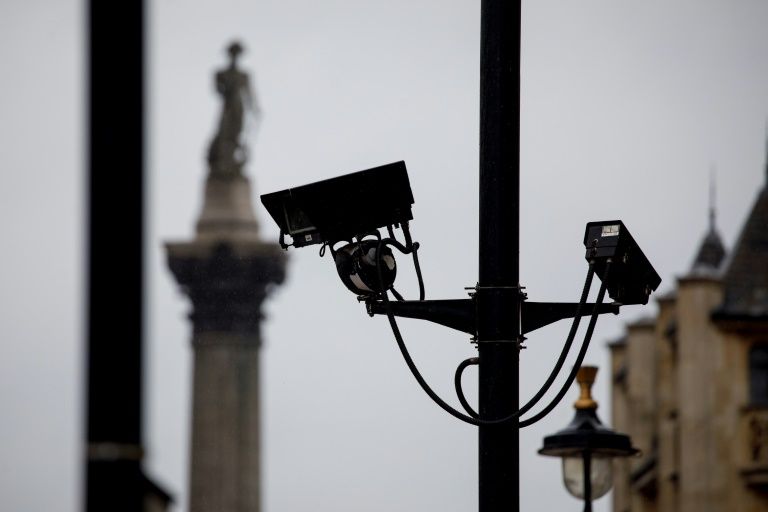
Amid fears of a Big Brother-style society ruled by machines, the EU will urge authorities and companies to think hard before rolling out facial recognition technology.
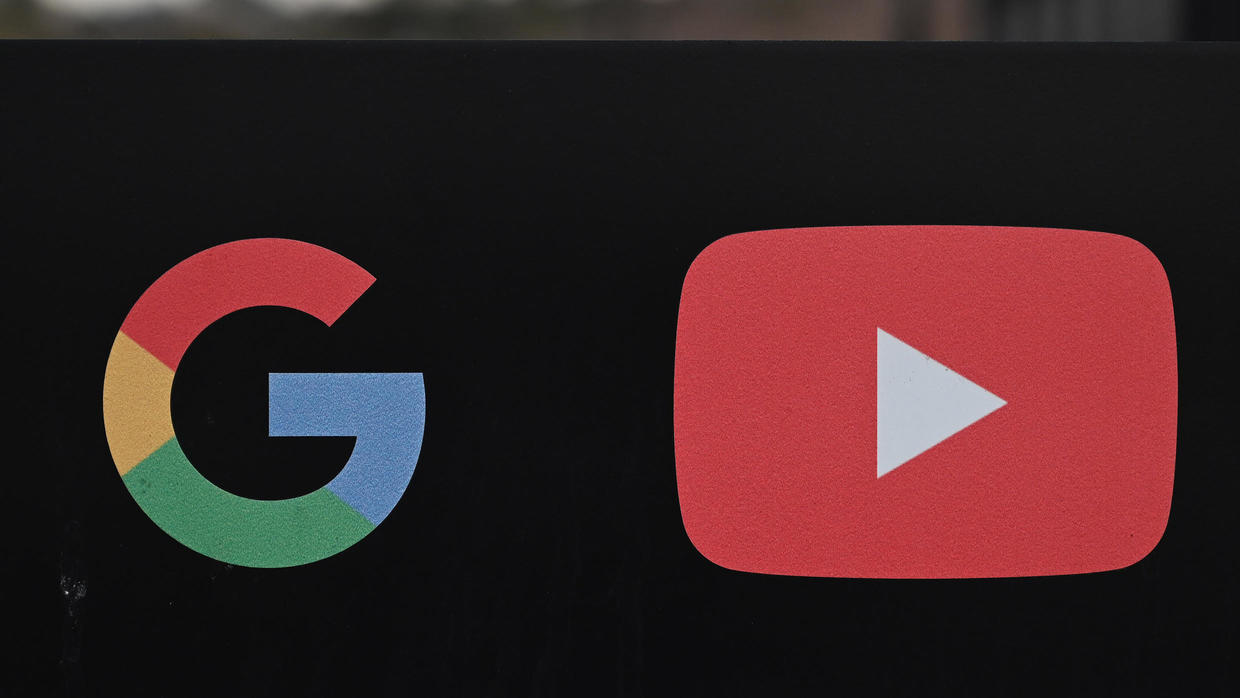
Google and the EU have a big day in court Wednesday as the search engine giant enters a new phase of a legal saga that began a decade ago.

Top EU diplomat Josep Borrell was Monday due to visit Iran, said officials in Tehran and Brussels, on his first trip there since taking office, aiming to reduce rising tensions over the Islamic

European new car sales are expected to fall by two percent in 2020, their first decline in seven years, the industry trade association said Wednesday as it urged

The EU will relaunch its deadlocked effort to more closely regulate internet phone and message services such as WhatsApp, Skype and Messenger, a top bloc official said on Tuesday.
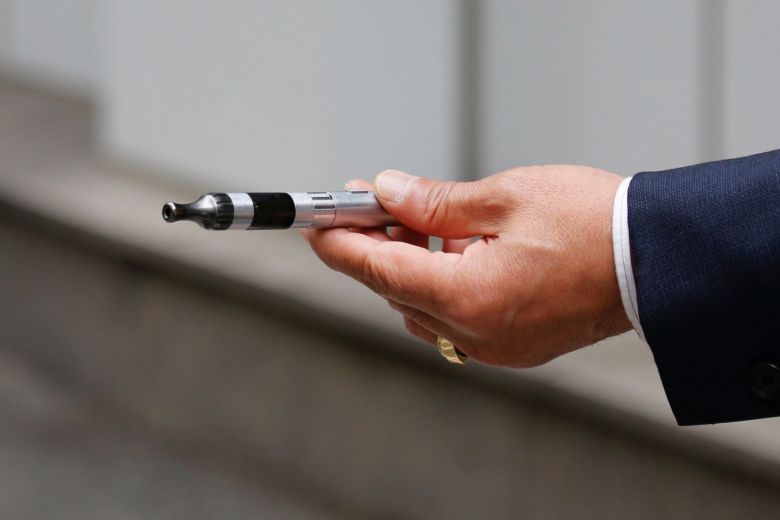
An 18-year-old man died in Belgium of respiratory failure that authorities on Thursday (Nov 14) attributed to vaping and a mixture of harmful products in an e-cigarette.

Apple went on the offensive against Brussels in an EU court on Tuesday, fighting the European Commission's landmark order that the iPhone-maker reimburse Ireland 13 billion euros

The European Medicines Agency, which is moving from Britain to Amsterdam because of Brexit, on Wednesday lost a court battle to cancel the lease on its London
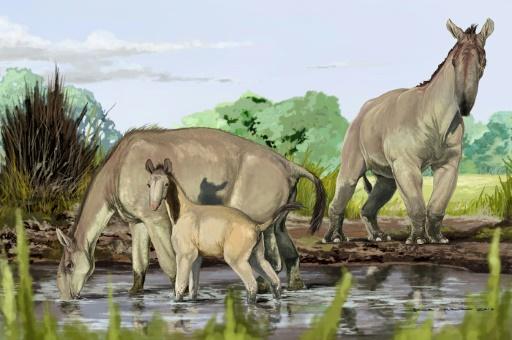
Charles Darwin, Mr. Evolution himself, didn't know what to make of the fossils he saw in Patagonia so he sent them to his friend, the renowned paleontologist Richard Owen.
Owen was stumped too. Little wonder.
"The bones looked different from anything he knew," said Michael Hofreiter, senior author of a study published Tuesday in Nature Communications that finally situates in the tree of life what Darwin called the "strangest animal ever discovered".
"Imagine a camel without a hump, with feet like a slender rhino, and a head shaped like a saiga antelope," Hofreiter, a professor at the University of Potsdam, told AFP.
Macrauchenia patachonica -- literally, "long-necked llama" -- also had a long rubbery snout and with its nostrils high on the skull just above its eyes.
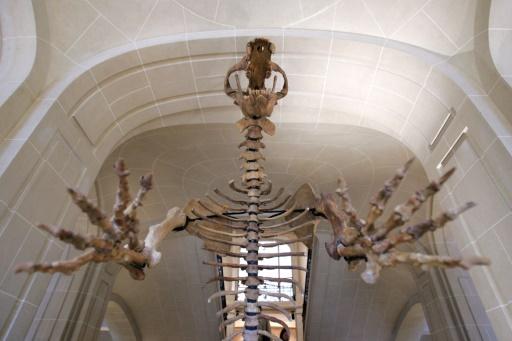
Analysis of a bear bone found in an Irish cave has provided evidence of human existence in Ireland 2,500 years earlier than previously thought, academics announced Sunday.
For decades, the earliest evidence of human life in Ireland dated from 8,000 BC.
But radiocarbon dating of a bear's knee bone indicated it had been butchered by a human in about 10,500 BC -- some 12,500 years ago and far earlier than the previous date.
"This find adds a new chapter to the human history of Ireland," said Marion Dowd, an archaeologist at the Institute of Technology Sligo who made the discovery along with Ruth Carden, a research associate with the National Museum of Ireland.
The knee bone, which is marked by cuts from a sharp tool, was one of thousands of bones first found in 1903 in a cave in County Clare on the west coast of Ireland.
It was stored in the National Museum of Ireland since the 1920s, until Carden and Dowd re-examined it and applied for funding to have it radiocarbon dated -- a technique developed in the 1940s -- by Queen's University Belfast.
The team sent a second sample to the University of Oxford to double-check the result. Both tests indicated the bear had been cut up by a human about 12,500 years ago.
The new date means there was human activity in Ireland in the Stone Age or Palaeolithic period, whereas previously, scientists only had evidence of humans in Ireland in the later Mesolithic period.
"Archaeologists have been searching for the Irish Palaeolithic since the 19th century, and now, finally, the first piece of the jigsaw has been revealed," Dowd said.
Three experts further confirmed that the cut marks on the bone had been made when the bone was fresh, confirming they dated from the same time as the bone.
The results were revealed in a paper published in the journal Quaternary Science Reviews.
As well as pushing back the date of human history in Ireland, the find may have important implications for zoology, as scientists have not previously considered that humans could have influenced extinctions of species in Ireland so long ago.
"From a zoological point of view, this is very exciting," Carden said. "This paper should generate a lot of discussion within the zoological research world and it's time to start thinking outside the box? or even dismantling it entirely!"
The National Museum of Ireland noted that approximately two million more specimens are held in its collections and could reveal more secrets.

















